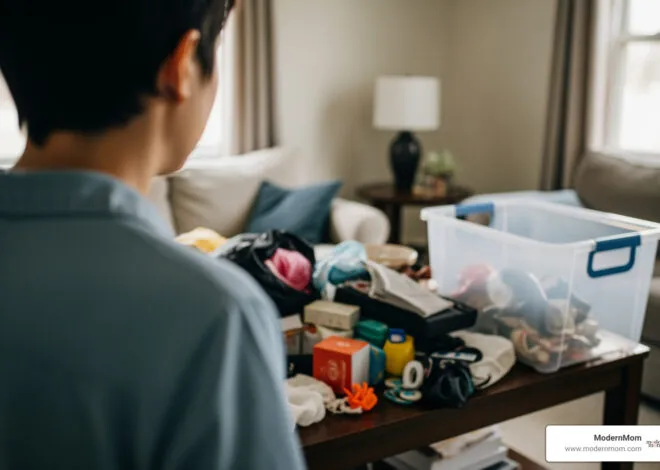It’s time to kick off your shoes and get down to your kids’ level. Playing games at home diverts most children far longer than watching television or playing alone with toys. They love engaging their parents’ attention and showing off new-found strategies and skills. Level the playing field by incorporating games that depend upon chance, rather than skill, or by forgetting to keep score altogether.
Types
All types of outdoor and indoor games work at home. Quiet board games and card games like Sorry!, Chutes and Ladders, Uno and Slap Jack, pass the time on a rainy afternoon. Circle games, such as Hot Potato or Who’s Got the Button, occupy small groups of children. Larger groups enjoy games such as Hide and Seek, Red Light Green Light or Hot Lava, in which players must leap from base to base without touching the floor or the ground.
Features
Many games at home rely less on speed, strength or stamina and more on strategy or creative play. Dramatic games, like Freeze Dance, in which players dance until the music stops, and then they must freeze, give players a workout without having a defined ending or winner. Singing games, like If You’re Happy and You Know It or An Austrian Went Yodeling, have no goal other than to coordinate hand motions and act silly.
Potential
Extend and expand games beyond the living room floor. Use the kitchen for creative cooking games, like building super structures out of marshmallows and toothpicks. Go in the backyard for a round of Freeze Tag or wait until after hours and use flashlights to play Ghost in the Graveyard outside in the dark. Turn a neighborhood walk into a Scavenger Hunt or a Treasure Hunt. The driveway makes the perfect surface for a hopscotch competition or some games of jacks and marbles. Clear away the breakables and try badminton in the bedroom or use balloons for a new version of dodgeball.
Benefits
Playing games at home with children does not just pass the time. Children learn new skills while playing. They also earn to be good sports and how to form part of a team. When you play with your children, you build your relationship with them.
Time Frame
Games involving siblings tend to sour fast unless you supervise. In general, a home-based game may last 15 or 20 minutes. You can extend the game by changing the rules or adding a new element to the game.
Photo Credit
- bucket of blocks image by Quennie Chua from Fotolia.com





